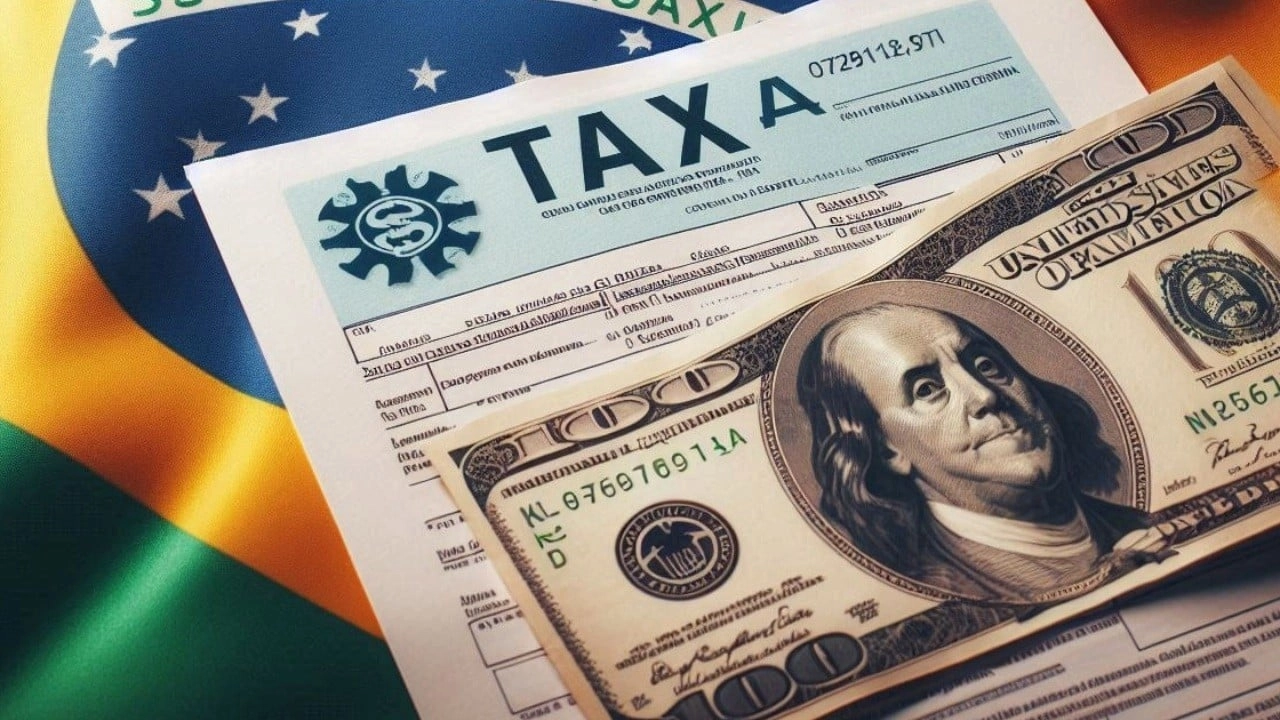The stablecoin boom in Brazil has caught the attention of the central bank, which is currently exploring several ways to tax stablecoin remittances, including issuing a special license for crypto exchanges that provide these services.

Central Bank of Brazil Explores Tax on Stablecoin-Based International Transactions, but There’s a Catch
The Central Bank of Brazil is looking to capitalize on the popularity of stablecoins in Brazil and is now examining the possibility of taxing stablecoin-based remittances. According to industry stakeholders, the bank is considering including this kind of taxation in a definitive version of the cryptocurrency rules to be finalized next year.
Read more: Cryptocurrency Transactions’ Volumes Spike Nearly 25% in Brazil
Local media pointed this could be achieved by offering different licenses to crypto companies depending on the services provided. For example, tokenizing companies would have to apply for a common virtual assets service provider (VASP) license, while companies providing stablecoin exchange services might have to apply for another license.
Purchases of foreign currency, including dollars, are subject to a financial transaction tax in the country. While stablecoins are considered a dollar proxy globally, in Brazil, they are classified as financial assets rather than currency. This means they are not taxed and can be used freely for remittances and international settlements.
However, including an equivalent tax for stablecoins has industry stakeholders wondering about the possible details of applying such a determination. For example, exchanges would have to ascertain if the stablecoins acquired by users would be used for remittances or international payments, a capacity not all companies have. In the same way, if the customer buys stablecoins, but completes the remittance with a self-custody wallet, it would be very difficult to tax this purchase.
Nicole Dyskant, an advisor to blockchain infrastructure provider Fireblocks, stated that these flows must be monitored for different purposes.” The main agenda is not to lose visibility of the control of the currency that leaves Brazil and goes abroad. This is essential for the Central Bank, in addition to related controls such as preventing money laundering and currency evasion,” he stressed.
Others noted applying these taxes to the crypto market would be very complicated. “The market will find alternatives. They will not want to pay a spread imposed by the Central Bank,” an anonymous crypto company executive told Valor Economico.
To follow all the latest developments in crypto and the economy in Latin America, sign up for our Latam Insights newsletter below.
Latam Insights Newsletter
Get the newsletter directly to your inbox
Login to Bitcoin.com
Use this account to activate and manage your Bitcoin.com subscription
OR




